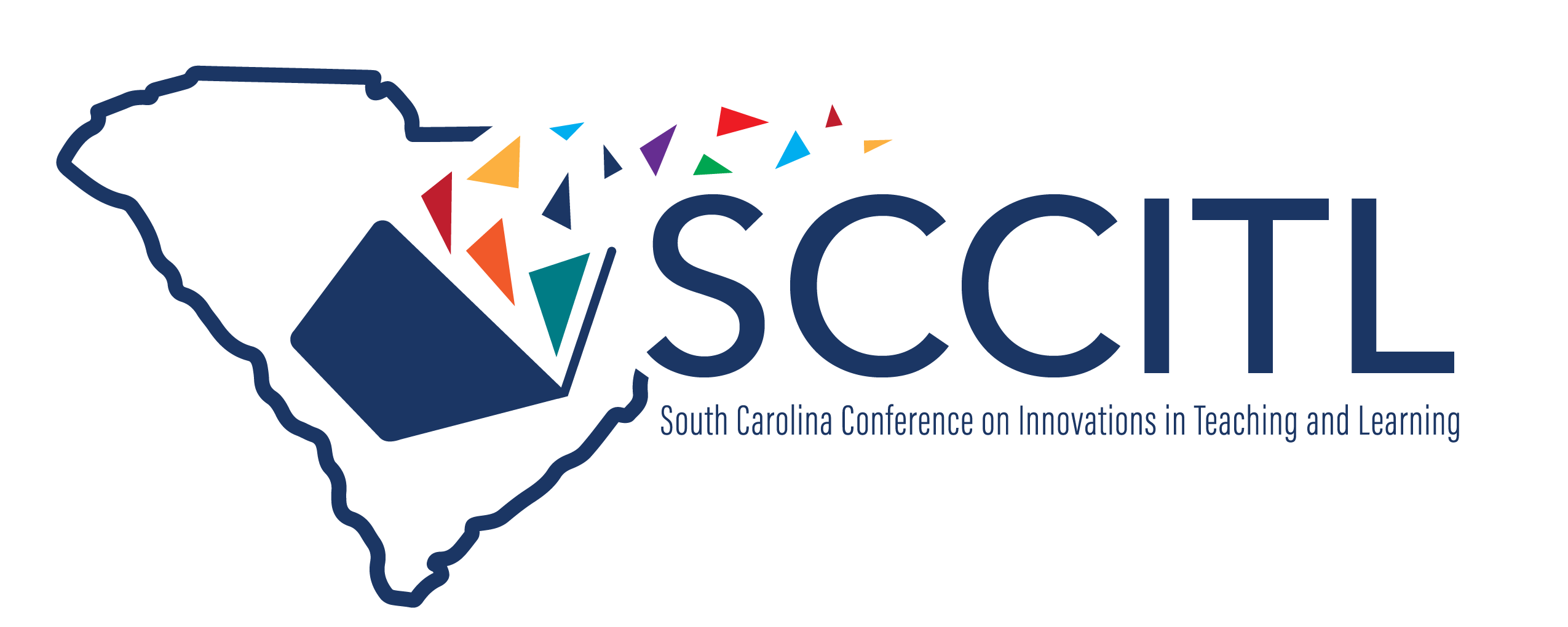Lessons Learned in Overhauling Everything: Success Stories from Teaching Languages, Literature and Culture During a Pandemic
Track Choices
Engaging Pedagogy
Abstract
Pandemic teaching, despite its limitations, led to innovative pedagogical advancements and inspiring student performances. Following a review of techniques applied to a variety of classes, elements of these survival teaching decisions will be considered for their lasting power for post-pandemic teaching given that they proved to engage and educate learners. This presentation will briefly address techniques used in synchronous Portuguese language and literature courses, synchronous Spanish culture and grammar, and asynchronous English literature. Learning outcomes were evaluated via interviews, quizzes, exams, presentations, response papers and academic essays, and final projects – all newly created or overhauled. Zoom, FlipGrid, Kahoot, TalkAbroad, YouTube, LyricsTraining, GoogleDocs, online homework sites, and Blackboard Tools helped to facilitate learning in this unprecedented time, but it was the proactive interaction during screen-to-screen meetings that created a classroom environment where responsiveness was in certain ways greater than pre-pandemic learning. Students were confident presenting over a screen – with notes available – and peers were far more engaged. Yet one overarching lesson kept everything in perspective: frequent moments of "group therapy" allowed students to voice distractions, challenges and triumphs. In acknowledging obstacles and celebrating anecdotes, students choose to dedicate their focus and energy to class, valuing life and learning in proper context.
Lessons Learned in Overhauling Everything: Success Stories from Teaching Languages, Literature and Culture During a Pandemic
Zoom Room 1
Pandemic teaching, despite its limitations, led to innovative pedagogical advancements and inspiring student performances. Following a review of techniques applied to a variety of classes, elements of these survival teaching decisions will be considered for their lasting power for post-pandemic teaching given that they proved to engage and educate learners. This presentation will briefly address techniques used in synchronous Portuguese language and literature courses, synchronous Spanish culture and grammar, and asynchronous English literature. Learning outcomes were evaluated via interviews, quizzes, exams, presentations, response papers and academic essays, and final projects – all newly created or overhauled. Zoom, FlipGrid, Kahoot, TalkAbroad, YouTube, LyricsTraining, GoogleDocs, online homework sites, and Blackboard Tools helped to facilitate learning in this unprecedented time, but it was the proactive interaction during screen-to-screen meetings that created a classroom environment where responsiveness was in certain ways greater than pre-pandemic learning. Students were confident presenting over a screen – with notes available – and peers were far more engaged. Yet one overarching lesson kept everything in perspective: frequent moments of "group therapy" allowed students to voice distractions, challenges and triumphs. In acknowledging obstacles and celebrating anecdotes, students choose to dedicate their focus and energy to class, valuing life and learning in proper context.


